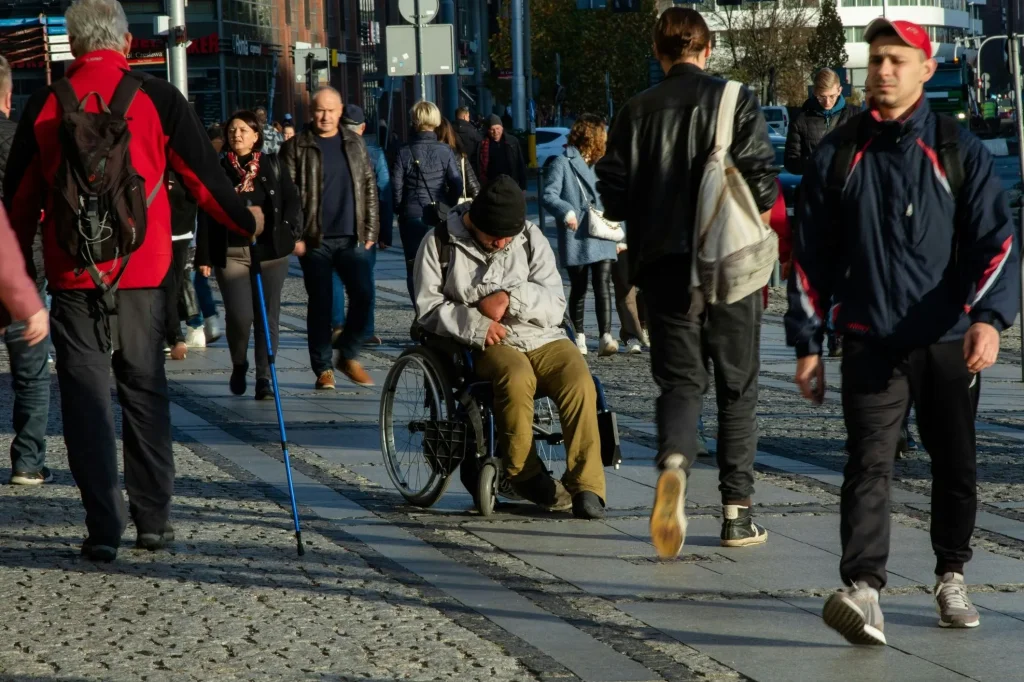Home Care Nurses Australia calls for Federal disability awareness campaign

Disability support service providers and people with disabilities have encouraged increased education to combat discrimination, but advocates have recently pushed the idea that people should feel more comfortable asking questions to learn more.
Disability support service providers and people with disabilities have encouraged increased education to combat discrimination, but advocates have recently pushed the idea that people should feel more comfortable asking questions to learn more.
Busi Faulkner, managing director of Queensland-based disability support provider, Home Care Nurses Australia, has called for a Federal awareness campaign to challenge the way Australians think about disability. Outdated attitudes towards avoiding the topic or trying not to offend someone with a disability have made some people in the disability community feel invisible.
Jason Borys, hailing from Boonah, QLD, says that his use of a power wheelchair has led people to assume that he is cognitively impaired. He says that during visits to see medical staff, older specialists are talking about him to others, such as family or carers, rather than directly to him… About his condition.
“I don’t think it comes from a bad place, generally. I think it’s coming from a lack of education and understanding. People are trying to do the right thing, but they just don’t know how,” says Mr Borys.
Jason is diagnosed with cerebral palsy quadriplegia, which is a significant physical impairment, but he’s an incredibly bright man and just wishes that people were willing to ask him questions and learn more about his life, rather than ignore it.
“I received an OP of 6 (equivalent to an ATAR of 90 – 91) and studied a science-psychology degree at uni. There are a couple of old adages: don’t judge a book by its cover and don’t paint everybody with the same brush,” he says.
“My main frustration is with people in fields where they should know better. Every time I see a new doctor or specialist, they instantly address the questions to mum or whoever I am with. Recently, I had a situation where I was in a private hospital and — as I am sure you know, they will ask you to repeat personal details over-and-over again, but then the nurse turned to mum and said ‘will he be ok to speak to the specialist?’” Jason recalls.
Whether it’s staring in public or not recognising the right for people living with disabilities to make their own support choices, Ms Faulkner says it is time for Australia to shift its mindset about people with disabilities.
“I would like people to stop and just have a conversation,” says Ms Faulkner, “to treat people like people, because it’s something we really have to learn.”
“Independence is something we learn, from when we’re in school to when we become independent ourselves. It’s something that we need to offer others and try to understand, so that we can look beyond how people look or their face… Just hear what they have to say and let them say it.”
Ms Faulkner is calling for a Federal awareness campaign or school program roll out to tackle this problem once and for all.
Both Jason and Busi recognise that things are improving, but agree that it’s better to understand and learn from an open chat than to overlook someone or their situation because it might lead to an uncomfortable reaction. For Jason, it’s far more uncomfortable to feel like his capable mind and charming character isn’t recognised by everyone else in the room.
To voice your support, please get in touch with Home Care Nurses Australia.
View all news





